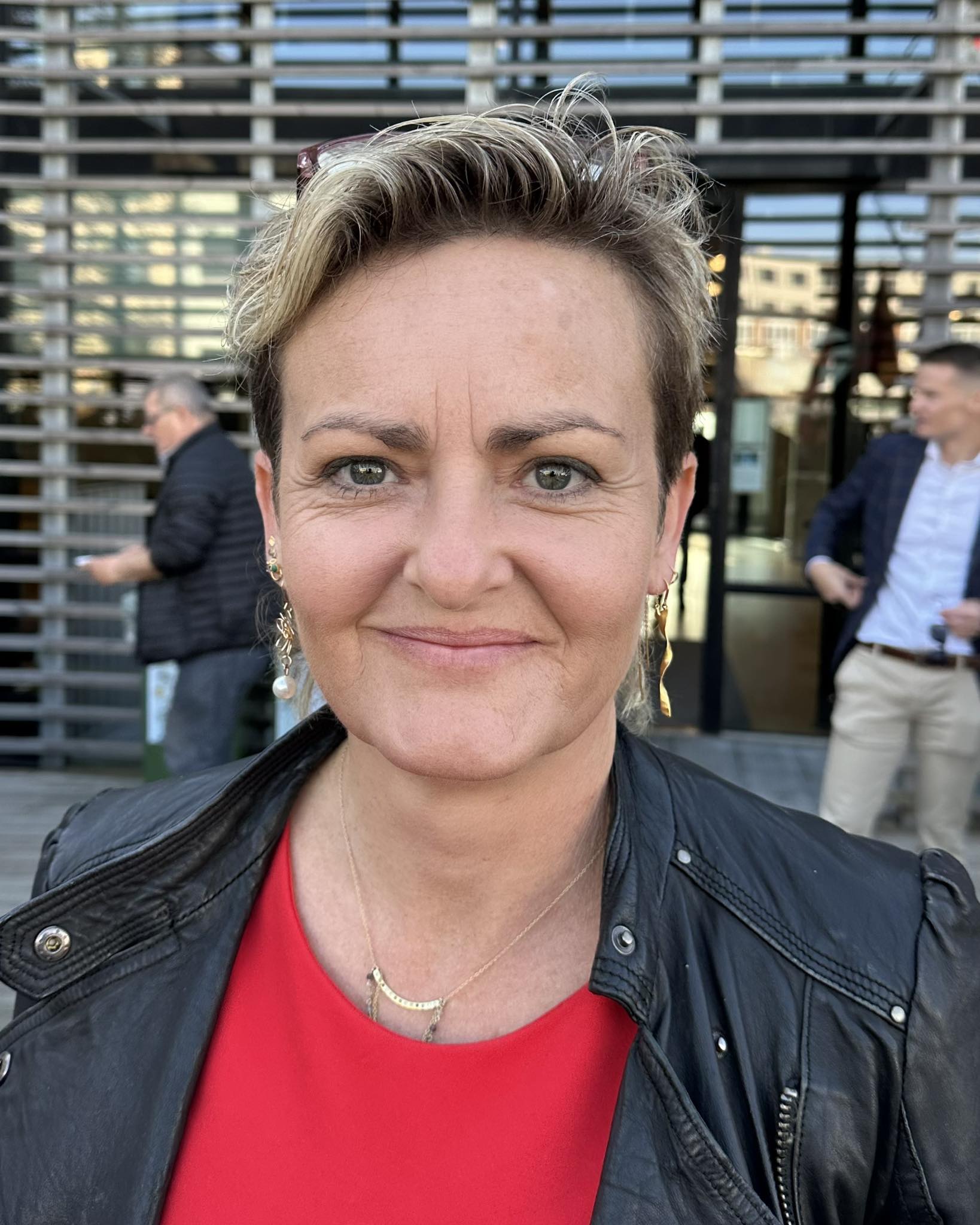A local historian has seen a fairy tale come true after discovering an unknown Hans Christian Andersen work in the historical archive on the island of Funen, where the author was born.
The sensational find was made in October by Esben Brage, who discovered the 190-year-old piece, titled ‘Tællelyset’ (The Tallow Candle) among 4,000 other documents while conducting unrelated research.
‘Tællelyset’ is what is known as an anthropomorphic story, in which inanimate objects are given life and have human characteristics, something that Andersen is known for in his works.
The story is about a prized tallow candle that becomes grimy and neglected, but winds up being rediscovered and lit again.
The work, written for a Madame Bunkeflod by a “devoted H.C. Andersen”, is the first significant Andersen text found since the 1920s, when the author’s memoirs were found in the Royal Library.
Brage, 72, a retired local historian from Middelfart, Funen, said he found the text by chance and that he instinctively knew that he had uncovered something “very special”.
“I’ve handled thousands of historical documents so I’ve developed a kind of sixth sense about them where I say: ‘Hey, this is out of the ordinary. I shouldn’t keep this to myself and put it back in the box’,” Brage told Politiken newspaper.
Although Brage found the text in October, it took some time for Andersen scholars to verify its authenticity. They said there was no doubt he had written it.
“This is a sensational find,” Ejnar Stig Askgaard, from Odense City Museum, told Politiken. “Not only because it must be regarded as Andersen’s first fairy tale, but also because it proves that he was writing the fairy tales when he was young and before he had developed his craft. There is no doubt in my mind that Andersen wrote it.”
From a literary standpoint, ‘Tællelyset’ isn’t on par with some of Andersen’s later works, the experts said. But the document, thought to have been written between 1822 and 1826, when Andersen was in his late teens, is still very important.
“It’s like a high being able to work with his first effort in the fairy tale genre. Reading it for the first time was an amazing experience,” Askgaard told Politiken. “It’s a fantastic little document in the history of Andersen. The fairy tale was a gift to a woman whose home meant a great deal to him.”
That woman was the widow of a preacher, who lived in an establishment for worthy virgins and widows across the street from Andersen’s childhood home. She was a woman who historians know Andersen visited, read to and borrowed books from as a child.
Andersen made his literary debut in 1829 at the age of 24 and became known as one of the most important authors in Europe in the 1800s. He first started publishing his fairy tales in the 1830s. Andersen’s works have been translated into about 125 different languages, a feat bested only by the Bible.
Andersen died in 1875 at the age of 70 near Copenhagen.











